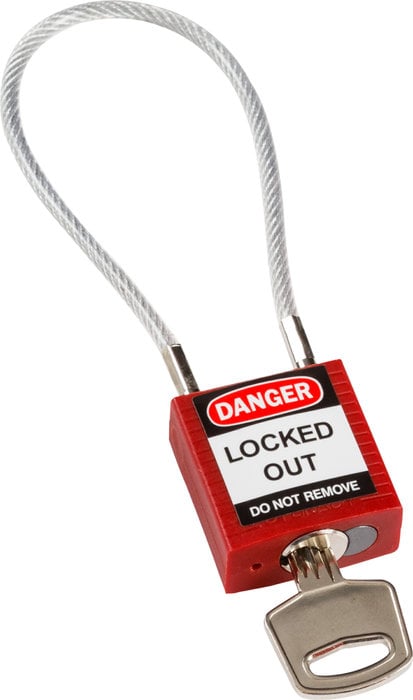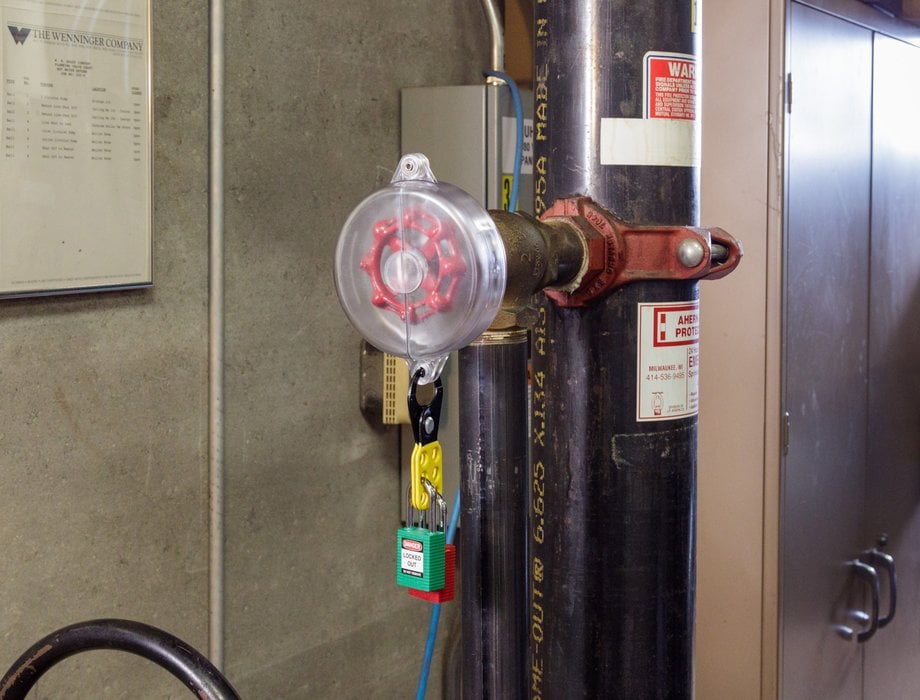www.industry-asia-pacific.com
24
'15
Written on Modified on
New tools to increase Lockout/Tagout efficiency
Lockout/Tagout is being implemented in an increasing number of industries. That is no surprise since the procedure, if applied correctly, guarantees employee safety. New innovations in Lockout/Tagout aim to increase efficiency by focusing on product flexibility and ease of use.

Increased Lockout/Tagout efficiency
Diligently applying Lockout/Tagout devices in line with procedure is critical to guarantee worker safety during machine interventions. This requires time which is won back by avoiding costly and time consuming accidents. New and innovative Lockout/Tagout solutions, like Brady’s Compact Cable Safety Padlock, are fast and easy to apply. They enable increased efficiency for safe machine interventions.
New tools
The innovative Compact Cable Safety Padlock combines a lockout device and padlock in one practical tool that can be applied just like a bicycle lock. Its PVC encased steel cable blocks the moveable parts or the energy source in the off-position, while the lock ensures the device cannot be removed accidentally. The new non-conductive Safelex™ Cable Lockout Device works in much the same way and is very efficient when several professionals are servicing a machine.
To block valves, a new Transparent Gate Lockout is available that allows workers to see the valve position, colour or state without having to remove the lockout device.
Fast & safe
The new innovative Lockout/Tagout tools can be applied easily, allowing for faster interventions on machinery, while still complying with company Lockout/Tagout procedures.
Email This email address is being protected from spambots. You need JavaScript enabled to view it. for more information.


